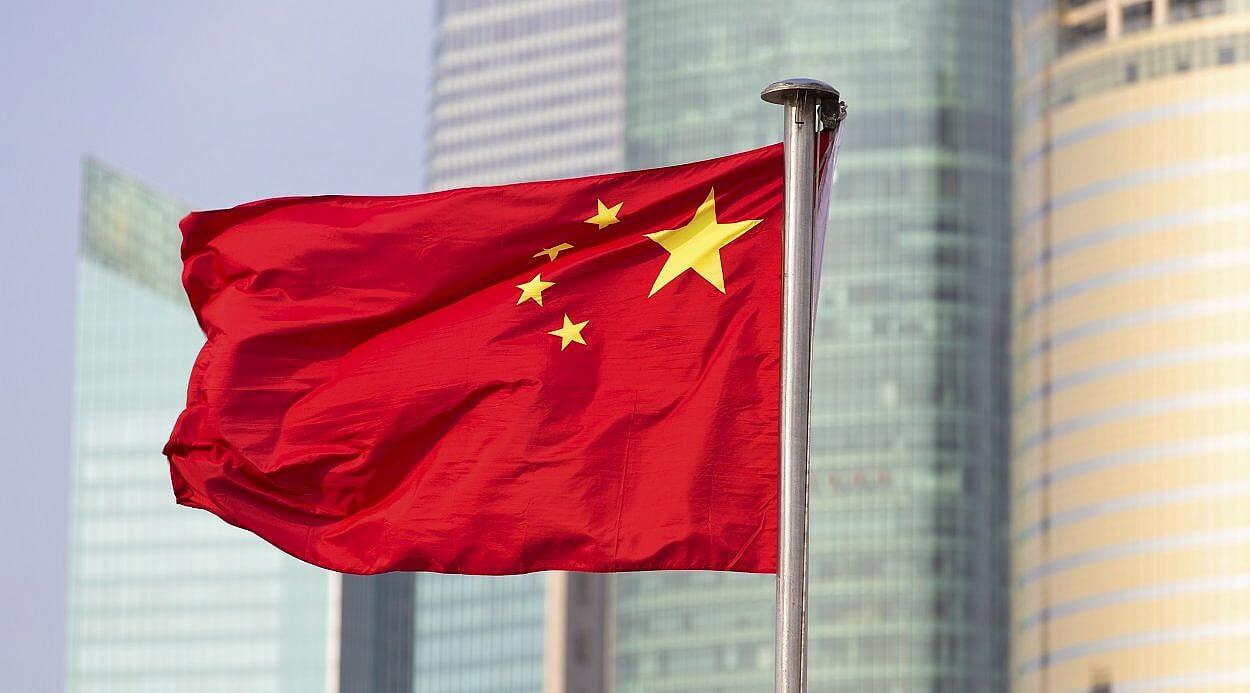In an attempt to increase foreign investment and improve the downturn China currently finds itself in regarding foreign investment, the Chinese government has released a 24-point plan which aims to relax certain regulations and encourage foreign investment.
Why are These Measures Being Introduced?
After the Covid pandemic and the lockdowns that faced China, many economists had expected the Chinese economy to come roaring back. However, foreign investment has lagged since the re-opening, due to a number of contributing factors. By some measures, foreign investment has slumped to its lowest level in the past 25 years.
The most significant concerns from foreign businesses include the challenging environment for foreign businesses in China, an unpredictable regulatory environment, China’s current geopolitical status and reduced local consumption.
How Will China Encourage Investment?
The State Council, which can be thought of as China’s cabinet, has since released support measures in an effort to create opportunities and stimulate more foreign investment. In the guidelines China has taken a stronger and clearer stance than in measures released in previous years.
The plan outlines a commitment to increase foreign investment, especially in R&D of key areas such as biotech, advanced manufacturing, professional services, digital services and the educational development in the expertise of these fields. Investments in the biotech industry were a major area of focus, with the government highlighting that they want foreign investors to set up R&D centers in China and support the participation of major scientific projects.
The State Council guidelines also outlines China’s plans to broaden the channels for foreign investment by allowing foreign firms to invest in more sectors that have previously been restricted.
The measures also make mention of developing and readjusting how foreign investment will be evaluated. This means that when considering foreign investment, they will not just look at the amount invested, but consider all factors that may contribute to the environment or society e.g., they will take into consideration factors like the number of jobs created.
Alongside these measures, the government has also announced it will implement further measures to make it easier for business travel and make it more convenient for companies to apply for visas and residence permits.
Why are Foreign Investors Still Cautious of China?
Ambiguity of Promises
While many foreign investors are still well aware of the opportunity China presents, Western investors are not readily moved by the announcement of the measures as it is on some level open to interpretation and can be perceived as vague. This has created a level of hesitance, with some investors waiting for more clarity.
The Equal Treatment of Foreign Enterprises
One of the major reasons for the reduced investment from foreign firms is the way the perceive they are treated in the Chinese market. Many foreign firms are of the view that local firms often receive preferential treatment from government policy, making it more difficult to compete. This has created an additional barrier for foreign firms considering investment.
In order to combat this perception, the government has announced that it will carry out a number of changes in an effort to build the brand of “investing in China”. This will involve measures being changed on a regional level, requiring municipalities to attract more private businesses and associations, and steer away from creating more governmental roles at a local level.
What’s Next?
The next step will be the publication of the guidelines which will detail how the policies will be effectively implemented. While foreign investors may still be skeptical, this is a step in the right direction and if the measures are implemented it would be attractive to foreign investors still considering participating in the Chinese market.




